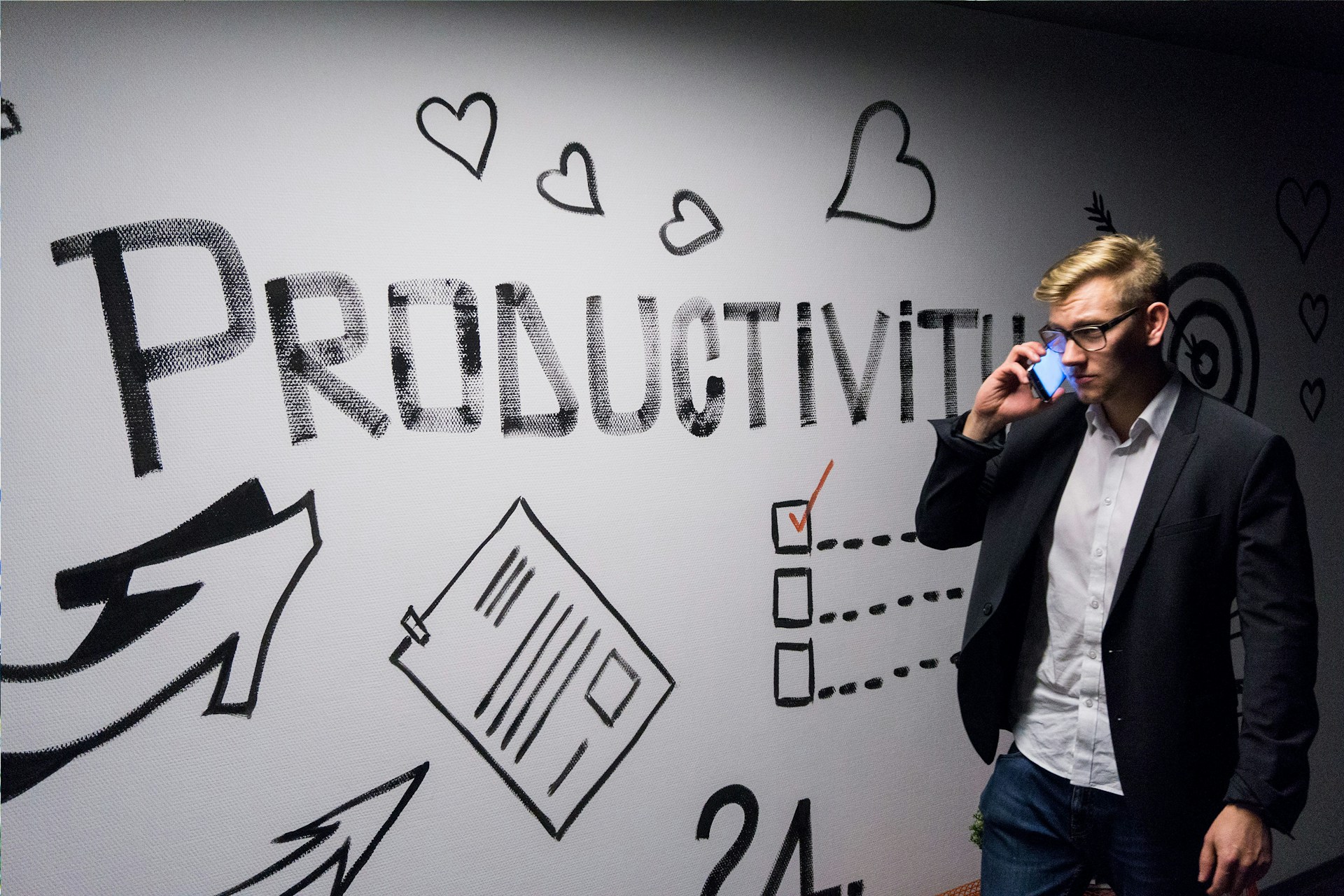Break up with busy

It’s officially spring and we are doing what most people are doing right now – looking at the calendar.
It feels like a sprint to summer.
Last week I talked about the paradox between “busy” and productive. How our culture has such a hard time with blank space that being busy has become the solution.
This wasn’t always the case.
There was a time when leisure was a sign of prestige. Now the opposite is true – busy has become the status symbol.
“Work, not leisure, is now the signifier of dominant social status.” Sociologist Jonathan Gershuny
Author Adam Waytz has written extensively about this paradigm:
“In my 2019 book, The Power of Human, I recount an anecdote about a man who immigrated to the United States and soon came to believe that the word ‘busy’ meant ‘good’ because when he asked people, ‘How are you doing?’ they often responded, ‘Busy.’
Nora Rosendahl, the chief operating officer of the performance coaching firm, Hintsa, discovered the same thing when she conducted a small social experiment by documenting answers to the question ‘How are you?’ over the course of a week. By her count, nearly eight out of 10 people said, ‘Busy.’”
What is this really doing to us?
Take one man’s words after he reflected on how “busy” was impacting his life:
“All you get is a bigger load of busy.
But busy is hurried. Busy is overwhelmed. Busy is fast. Busy is careless. Busy is a hamster wheel that never ends and a sprint up the ladder without ever asking where it leads.
There are moments when life gets busy. I get that. But I never want ‘busy’ to be the new normal. I never want to look back at life and say, ‘Wow, I was really good at being busy.’”
This was John Spencer who, in a moment of truth with his five-year-old son, saw his pace for what it really was: not worth it.
On some level, we can all relate to this – especially if you want big things for your life. But there’s a special irony here:
When busy rules your life, you don’t end up with “big”.
You get small.
Busy becomes about surviving, not thriving. Research tells us it’s the fastest path to burnout.
I don’t believe any of us want this. And if we’re not intentionally choosing to be productive, we will naturally give in to the compelling forces that drive us toward busyness.
One of social psychology’s greatest findings here resonates deeply for me: the harder people work to achieve something, the more they value it.
Known as the “effort justification”, this is true even when the task holds no meaning. According to Waytz, “the more demanding the effort, the more commitment people feel. ‘If I work this hard, I must really want to be here.’”
Sound familiar?
Other busy drivers:
–Corporate Culture. When organizations encourage busyness, employees rarely resist. That’s because even if they recognize the downside of unproductive efforts over the long term, in the moment they deplore idleness. In one famous experiment, psychologist Timothy Wilson and his colleagues found that 67% of men and 25% of women chose to press a button to electrically shock themselves rather than sit still with their own thoughts in a lab room.
(PS – Team leaders, we can help with some of that culture and mindset if you need it.)
–FOMO: This is real – I don’t care how successful you are. It’s fueled by disconnection with self, the comparison trap, and social media. When we’re out of touch with ourselves, we look to other people to decide how we’re doing. Nothing productive comes from that.
–Lack of Clarity: When we aren’t clear on the value we bring or the values we hold as important, we’re not in charge. Busy stops you from making the time to get that clarity, and round and round we go.
–Lack of Boundaries. We haven’t established where we stop and where others begin. And we definitely don’t know how to communicate about it. I love the way Dr. Becky Kennedy (Good Inside) talks about boundaries:
In other words, you’re the one in charge.
We want this to be the case, so how do we stop giving away the power?
We have to break up with busy.
How?
We start by looking at the greatest tension points in our time and asking questions:
- What is driving me furthest away from the things I want most?
- Where is my biggest blind spot right now?
We have to pick a place to start – because naming it makes it real and sticky. It creates a starting point to work from.
You really are in charge.
You can break up with busy anytime. You just have to believe it’s possible.
